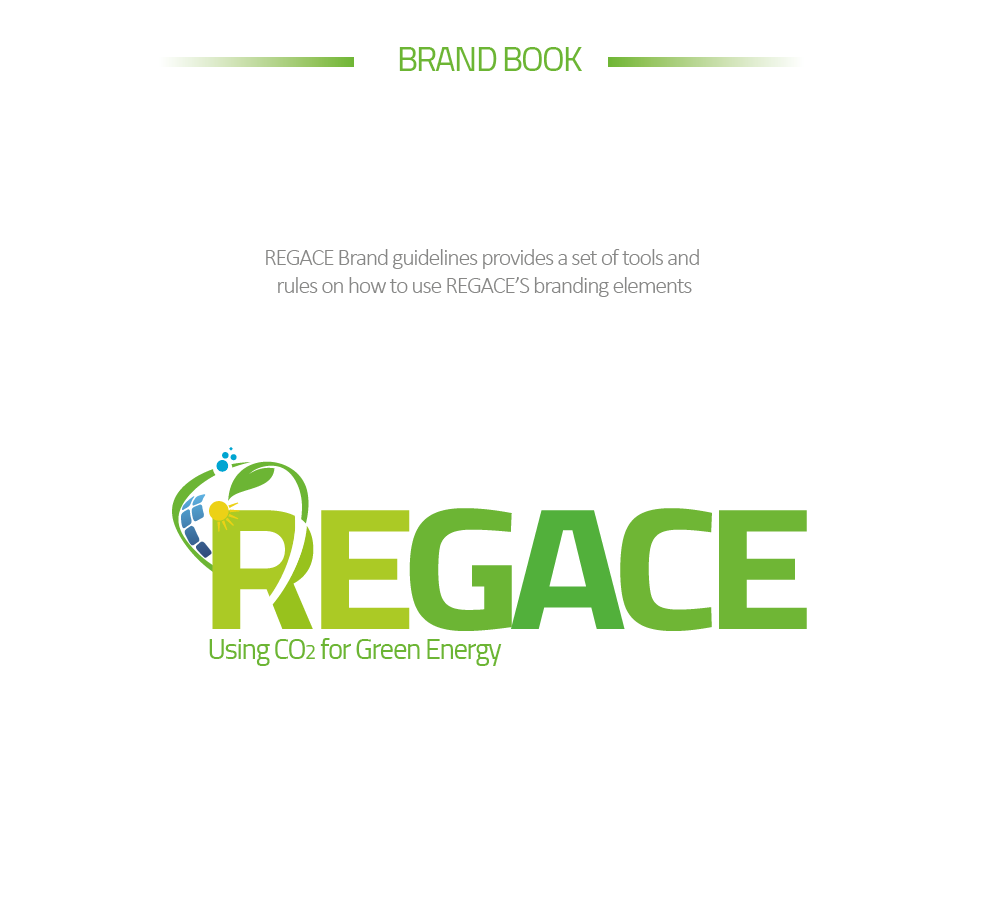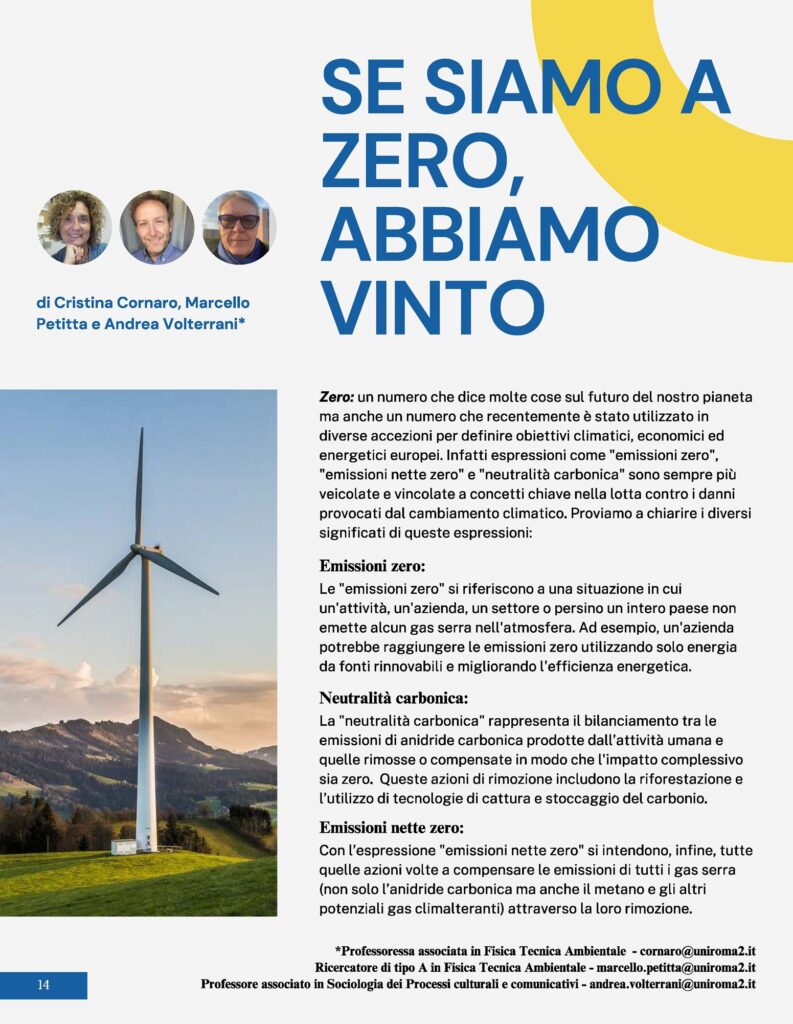The REGACE Brand Book provides a set of tools and guidelines for using REGACE’s branding elements.
SE SIAMO A ZERO, ABBIAMO VINTO
A new article presenting the work carried out by the EU-funded REGACE project, was just published by the University of Rome Tor Vergata.
The article written by our Italian partners, Cristina Cornaro, Marcello Petitta and Andrea Volterrani, explains why agrivoltaics is a key to a zero-emission future.
REGACE not only produces clean energy without emitting greenhouse gases but also preserves agricultural soil, promoting crop protection and energy production simultaneously.
REGACE is committed to involving farmers and innovators in the development process. Farmers play a direct role in testing and researching greenhouse photovoltaics, contributing their invaluable field knowledge to shape real-world solutions.
REGACE - Using CO2 for Green Energy
The REGACE project is dedicated to developing an innovative Agrivoltaics technology that uses CO2 enrichment to sustainably increase greenhouses yields and improve electricity production.
Based upon the patented responsive tracking system, developed by REGACE partner TriSolar, the project creates systems that enable the dual use of land and infrastructure leading to reduced construction and maintenance costs, duration of execution, and the reduction of CO2 emissions caused by conventional Agrivoltaic installations.

